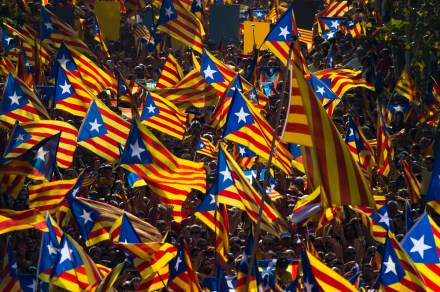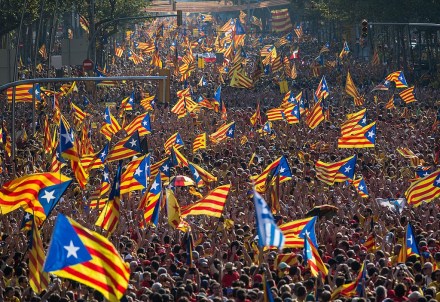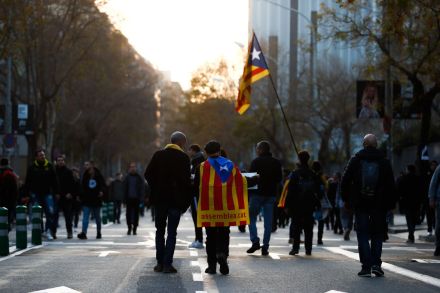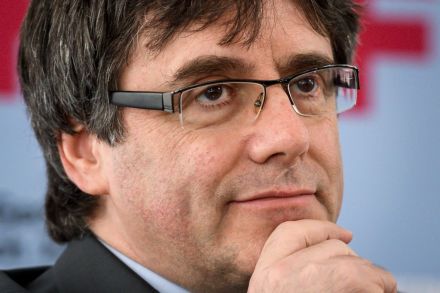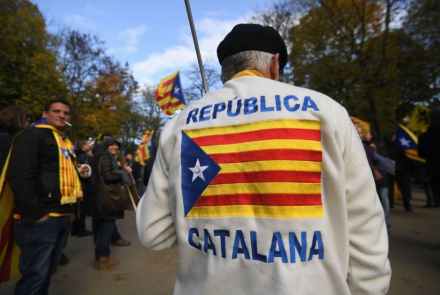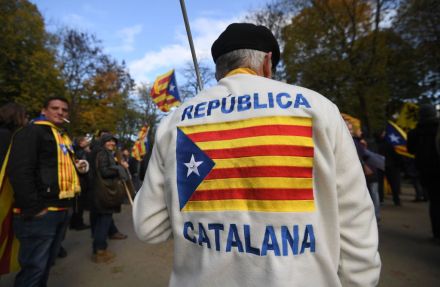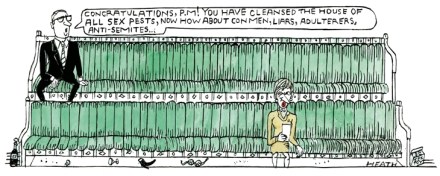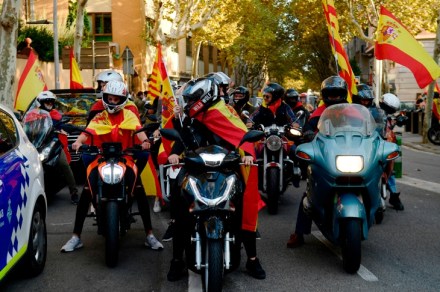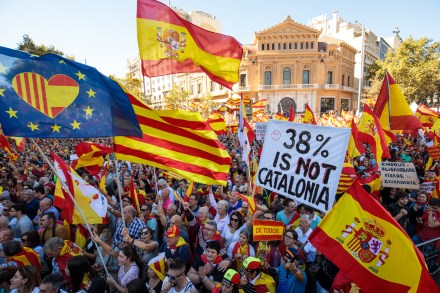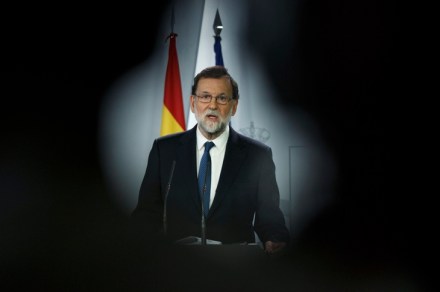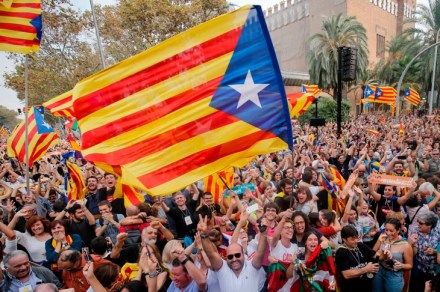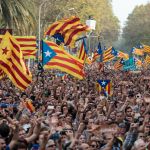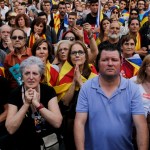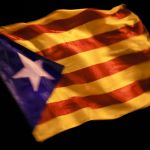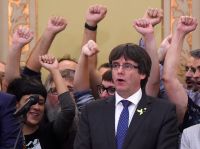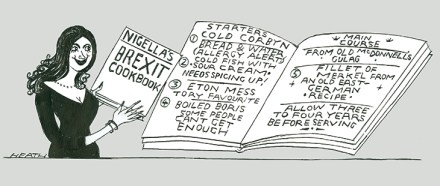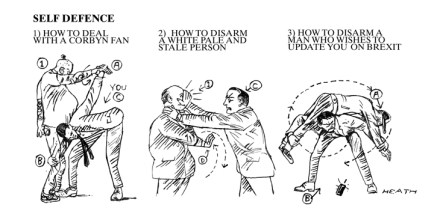Spain’s pardoning of Catalan separatists may backfire
In one of his adventures on the highways of 17th-century Spain, Don Quixote encounters a gang of prisoners ‘manacled and strung together by the neck, like beads, on a great iron chain’. Undeterred by Sancho’s protestations that these are criminals on their way to serve as galley slaves in just punishment for their crimes, Don Quixote, declaring that it is his duty as a knight errant to provide ‘succour for the wretched’, fights off the guards and frees them. In something of the same spirit, Spain’s prime minister has just announced a pardon for Catalan separatist leaders. Nine politicians, serving sentences of up to 13 years for offences including sedition,
